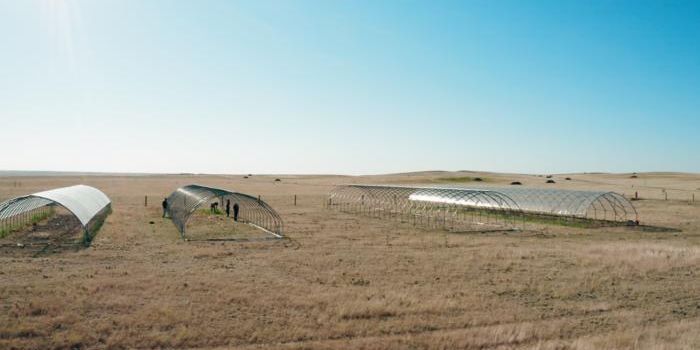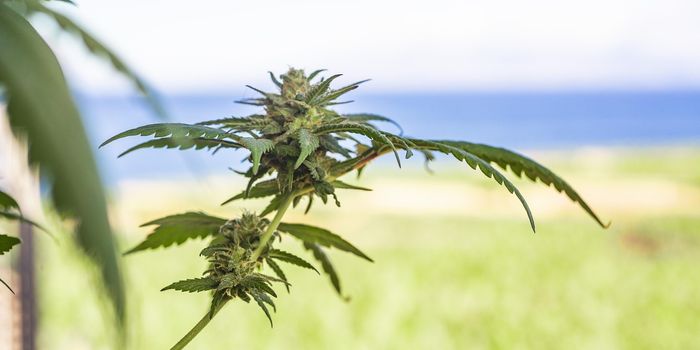Mallard Ducks Observed Eating Small Birds for the First Time
Mallard ducks are usually humble creatures, feeding on smaller foods like insects, berries, and plants. On the other hand, they appear to be going through a bit of a change in diet as of late.
Image Credit: christels/Pixabay
As noted in the journal Waterbirds, University of Cambridge researchers observed and photographed wild mallard ducks in Romania as they hunted, killed, and ate small migratory birds, a behavior that has reportedly never been observed in the species before.
Related: Ducks can make for some great pest control
More importantly, it wasn’t a single mallard duck partaking in the strange behavior; instead, what appeared to be an entire local population of mallard ducks were exhibiting it, suggesting that either something is wonky with their traditional food sources, or the mallard ducks are going through a dietary change.
After drowning the small birds by submerging them under water for some time, they then attempted to swallow the lifeless body whole.
Image Credit: Silviu Petrovan/Mihai Leu
Their bills aren’t made for chewing or tearing the creatures apart like a toothed predator would; instead, it’s made for plucking smaller foodstuffs away from branches, vines, and up off the ground, so they had some trouble choking it down.
"The mallard was massively struggling to eat that wagtail, presumably because it couldn't actually tear it to pieces because the bill is flattened - it's not designed for ripping prey apart," said Dr Silviu Petrovan, an author of the study and a witness to the abnormal hunting behavior.
"Digesting bones and feathers - that's not something that mallards have really evolved to do."
Related: If you love feeding ducks, at least stop giving them bread
Exactly why the ducks’ behavior is changing remains a mystery. One theory is that perhaps the animals are suffering from a protein shortage and are jumping at opportunities to make up for it by eating things they normally wouldn’t.
"Potentially there is quite a lot of pressure for those fast-growing juveniles to get animal protein intake, and therefore they are looking at opportunities to supplement that," Dr Petrovan continued.
"But, the fact that these individuals seem to have learned how to hunt birds is pretty extraordinary."
There are no other scientific studies describing this sort of behavior, so it’s news to everyone involved. It appears to be a very rare behavior that needs to be looked at in more detail to see if it could be going on more often than we know.
Whether this could become the norm for mallard ducks on a global scale really depends on the food sources that mother nature has available to offer and how behavioral patterns evolve in different regions around the world.
Related: 3D printing helps this duck walk again
Source: BBC










